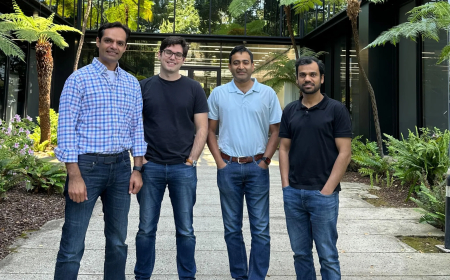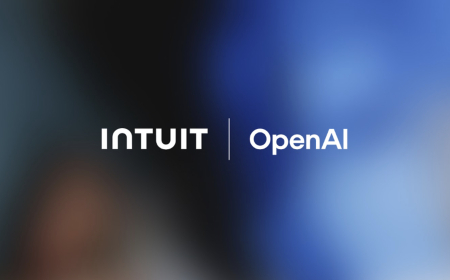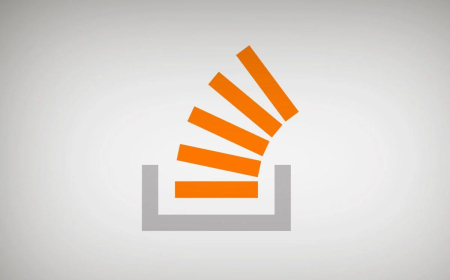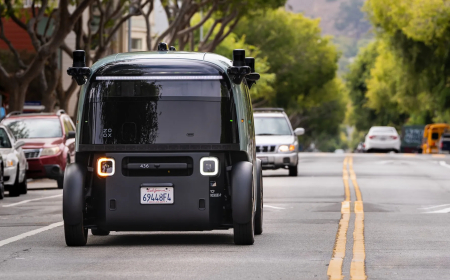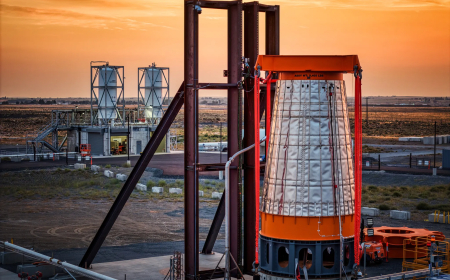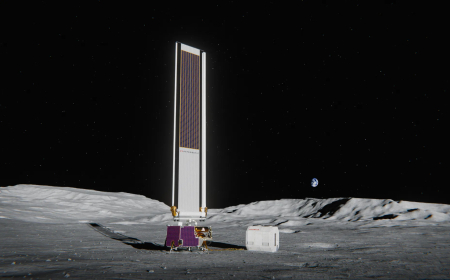California Lawmakers Pass AI Safety Bill SB 53 — But Newsom Could Still Veto
California passes AI safety bill SB 53, requiring transparency from AI labs. The bill goes to Governor Gavin Newsom, who could still veto it.
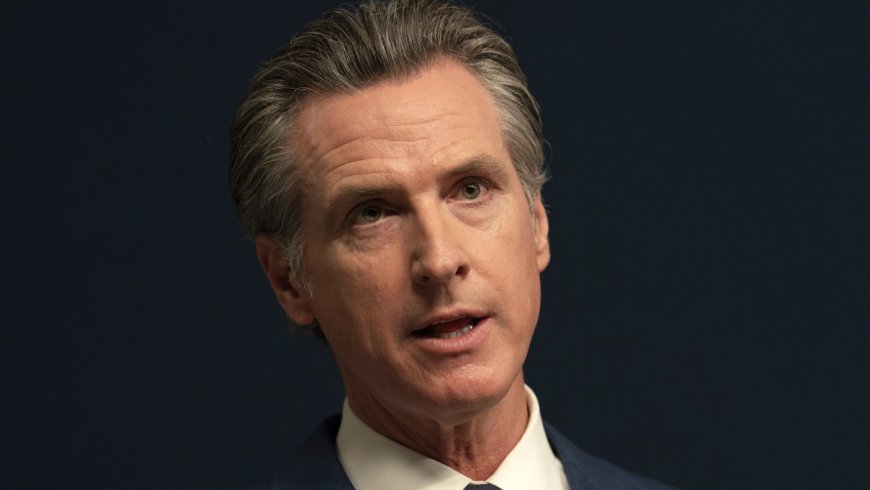
California’s state senate passed a significant AI safety bill (SB 53) early on Saturday morning, imposing new transparency requirements on large AI companies.
Authored by State Senator Scott Wiener, SB 53 mandates that large AI labs must disclose their safety protocols, provides whistleblower protections for employees, and creates a public cloud (CalCompute) to expand access to compute resources.
The bill now heads to California Governor Gavin Newsom for approval or veto. Although he has not publicly commented on SB 53, Newsom vetoed a similar bill authored by Wiener last year, while signing narrower legislation focused on issues like deepfakes.
At the time, Newsom acknowledged the risks of emerging technologies like AI but expressed concerns that Wiener’s previous bill was too stringent, applying tough standards to large models regardless of their deployment in high-risk environments or their involvement in critical decision-making.
Wiener has said that the new bill incorporates feedback from a policy panel of AI experts convened by Newsom after the veto of last year’s bill.
Politico reports that SB 53 has recently been amended, stipulating that companies developing “frontier” AI models with less than $500 million in annual revenue will only need to disclose basic safety details. In contrast, companies with higher revenue will be required to provide more detailed safety reports.
Despite its approval, SB 53 has faced resistance from several Silicon Valley companies, VC firms, and lobbying groups. In a letter to Governor Newsom, OpenAI did not directly mention SB 53 but advocated for uniform standards, suggesting that companies should be compliant with federal or European regulations to avoid inconsistencies and duplication of rules.
Andreessen Horowitz (a16z) has also voiced concerns, with the firm’s head of AI policy arguing that many state-level AI regulations, like those in California and New York, may overstep constitutional boundaries by violating restrictions on how states can regulate interstate commerce.
However, Anthropic has expressed support for SB 53. Jack Clark, co-founder of Anthropic, stated, “We’ve long said we would prefer a federal standard, but in the absence of that, this bill creates a solid blueprint for AI governance that can’t be ignored.”
News Sources:
https://www.politico.com/news/2025/09/13/california-lawmakers-pass-landmark-bill-that-will-test-gavin-newsom-on-ai-00562956
https://x.com/scott_wiener/status/1966909714849296602
https://leginfo.legislature.ca.gov/faces/billTextClient.xhtml?bill_id=202520260SB53
https://www.politico.com/news/2025/09/13/california-lawmakers-pass-landmark-bill-that-will-test-gavin-newsom-on-ai-00562956
https://cdn.openai.com/pdf/oai_ca-safety-letter_8-11-25.pdf
What's Your Reaction?
 Like
0
Like
0
 Dislike
0
Dislike
0
 Love
0
Love
0
 Funny
0
Funny
0
 Angry
0
Angry
0
 Sad
0
Sad
0
 Wow
0
Wow
0




